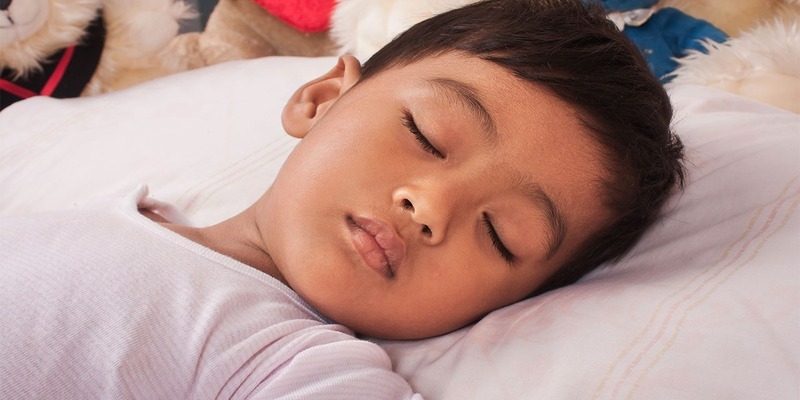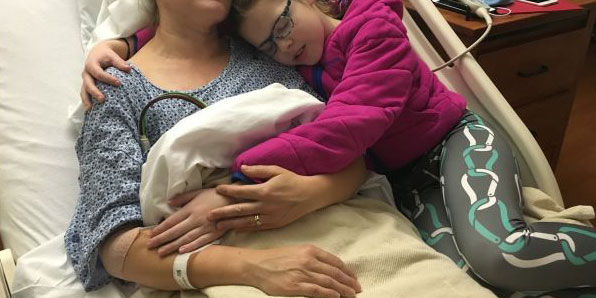
Do you ever lie in bed and stare at the ceiling, unsure if you'll ever be sleepy? Or you may misjudge the time and assume it's morning when it's two in the morning. Consider your sleep hygiene and how your habits may stop you from getting the quality sleep you need if you need improved sleep. Let's discuss sleep hygiene and how adjusting your daytime and nighttime routines might help you obtain a better night's rest.
What Exactly Is Meant By Sleep Hygiene?

Hygienic sleeping practices are what we mean when discussing good sleep hygiene. Getting enough restorative sleep is essential to maintaining excellent mental and physical health and high quality of life, which is why practicing good sleep hygiene is vital.
Sleep quality may affect your daily actions, not just before bedtime. Numerous factors, including what you eat and drink, when you go to bed, and how you spend the rest of your evening, affect how well you sleep.
Methods For A Better Night's Rest

There are several things you may do during the day and in the hours leading up to bedtime if you find that you aren't getting enough quality sleep. A good night's sleep results from a combination of sleep hygiene practices. Here are some practices that might help you get a better night's rest.
Set A Sleep Routine
Maintain a regular sleep-wake schedule (even on weekends). This helps to strengthen your body's sleep cycle (internal clock), which might make it simpler to get to sleep and wake up regularly. There's some evidence that maintaining a routine might lessen the time you spend dozing during the day. Make sure the time you choose for bed gives you a chance to obtain 7 or 8 hours of sleep every night.
Establish And Maintain A Calming Pre-Bedtime Routine
Prepare for sleep with the aid of a soothing ritual before bed. Your body will learn to associate the pattern with the onset of sleep time if you stick to it night after night. This may help you sleep faster. Ideally, you'd begin your regimen between 30 and 60 minutes before bedtime. Your regimen can consist of whatever helps you unwind the most, so long as it doesn't contain anything that gives out blue light.
Turn off Your Electronics Before You Go To Bed
Blue light, which is emitted by electronic gadgets such as your phone, might cause melatonin production to decrease. The hormone melatonin regulates your body's 24-hour sleep/wake cycle. It might be more challenging to sleep when melatonin levels are low.
Distraction from electronic devices that generate blue light is another way to keep your mind active and your body functioning normally. This might make it more challenging to get to sleep.
Just because you're not actively using your phone hours before bed doesn't mean it isn't affecting your sleep quality. In the middle of the night, you may be startled by a message notification, a beep, or a flash of light, all of which could disrupt your otherwise restful slumber.
Regularly Exercise
Aerobic exercise, even if done for just 30 minutes a day, has been shown to improve sleep quality and overall health. Furthermore, exercising in natural light, such as the outdoors, may improve the advantages even further. Don't stress if you're stuck inside and can't go outdoors. Exercising inside may also help you sleep better.
You should not work out within two hours of going to bed. This may make it more difficult to get to sleep since it raises your core temperature and energy levels. Stretching or yoga are great options if you're looking for an exercise to undertake later in the day.
Cut Back On The Coffee or Tea
Caffeine's after-effects can linger in the body for three to seven hours. Drinking coffee in the afternoon may keep you up and aware for far longer than you'd prefer. Although it is recommended that you consume caffeine only in the morning, your tolerance to caffeine may vary.
Some people can keep drinking until mid-afternoon, while others must stop considerably earlier if they want to sleep well. The lower your caffeine intake, the more likely you will feel its effects.
Make The Place You Sleep Work For You
It could be easier to get to sleep and remain asleep if you're in a chilly, dark, quiet environment. Most individuals sleep best at a temperature of between 60 and 67 degrees Fahrenheit in their bedrooms.
Comfortable bedding, including a mattress, pillows, and sheets, is also essential. A more comfortable bed and surroundings might help you drift off faster and stay asleep longer. Have you thought about asking for advice? Look at our shop, stocked with mattress and pillow suggestions approved by our editors and validated by our experts.



